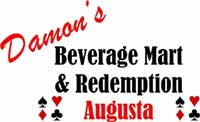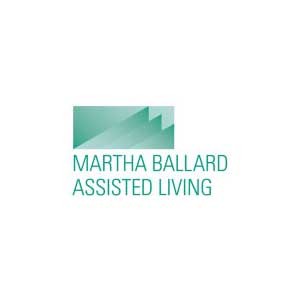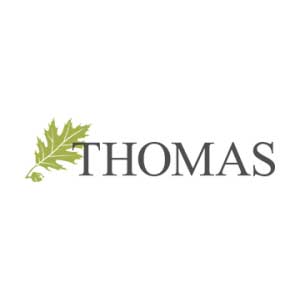
Call Us! 844-476-6976 or 207-465-9648
To provide a variety of opportunities to all people, regardless of age, ability, or economic position for equal access to quality arts education, programming, and events;
Anyone can participate in the arts if the opportunities are readily available. One of the challenges rural communities and schools face is limited resources that result in the need to prioritize expenditures. Support for the arts in public schools and community programs has been a lower priority over the last several years. Remote geography and lack of transportation also negatively affect access. Widespread lack of awareness of the many benefits of the arts also limits participation. In more urban areas, the arts are generally on full display and easily accessible. That is not the case in rural regions, and the arts are not front-of-mind.
Snow Pond is addressing the above issues by rapidly expanding community programming in music, the arts and in after school programs by building partnerships with schools and community organizations. These programs fill a major gap in exposure to the arts, as there are limited after-school programs that incorporate arts education in this region.
Snow Pond’s community programs foster the creative and confident mindset that supports all learning. Creativity is an obvious skill gained from art education, however students also learn observation, self-expression, focus, discipline, perseverance, collaboration and risk-taking. Each of Snow Pond’s programs have been designed to enhance students’ personal and cultural awareness, ensuring that each student will be able to utilize these attributes to achieve their full potential. In addition, Snow Pond instructors become trusted adults in a position to model healthy emotional self-management and life skills.
The primary population served by our programs are the residents of Kennebec County, including the surrounding communities of Augusta, Belgrade, Oakland, Rome, Sidney, Fairfield, Waterville, and more. More than 60% of this population is classified as low-to-moderate income. Reduced/free lunch rates range from almost 50% in RSU18 to 75% in the neighboring Augusta or Waterville school districts. Academic proficiency levels and college graduation rates are low for this group. Currently, only 30% of these children are meeting academic proficiency standards and less than 20% will earn any type of college degree (source: Educate Maine, 2018.) Standing firm in our mission that arts education is important; all of Snow Pond’s community programs are grant/donation funded and are offered to students at little or no cost.
Snow Pond will continue to expand the outreach programs, infrastructure, and the hub of artistic faculty to promote and support widespread access to the arts so that every community in the region can share resources while ensuring broader individual access to a variety of specialized learning opportunities for all age groups.
Snow Pond Community Arts Programs include:
Expressive Arts
The process of using imagery, storytelling, dance, music, drama, poetry, writing, movement, and visual arts is explored in an integrated way that fosters human growth, development, and optimal health. The creative process is emphasized, versus creating a product.
Arts as Academic Support
A variety of artistic disciplines are utilized to promote and support skill acquisition and conceptual understanding in the academic areas of math and language arts. Through the use of interactive games and artistic activities, students are encouraged to explore and deepen their enjoyment of academia as they increase competence and confidence while learning by doing!
Learn to Own
(a new program added in January/21) Interested students will be loaned used instruments, i.e. keyboards, guitars, electric drum kits, etc. The student must complete a course of learning with in-person or virtual attendance and accomplish their set learning benchmarks including demonstration of instrument care and tuning. Upon completion, and agreement to continue lessons, the student will be given the instrument.
Strings Program
In order to bolster the music program in the local school district (RSU#18), Snow Pond collaborated with the RSU18 Music Department to begin a much-desired strings program at one local elementary school for a group of third graders. The lessons are held at school before the regular schedule of classes begins. This program has been so successful that two classes will resume post-pandemic at the first school, and Belgrade Central would like to add an early strings program as well.
Music Club
Weekly age specific classes provided developmentally appropriate music education, appreciation, and performance. Targeted goals addressed exposure and appreciation of various musical genres, including folk, classical, jazz, pop, and world music; group instruction in the playing of a variety of instruments, including hand percussion and bucket band; music literacy regarding notation, symbols, alphabet and solfege, as well as elements of composition. Performances included both solo and ensemble work and progressed from informal class showings to program wide performances.
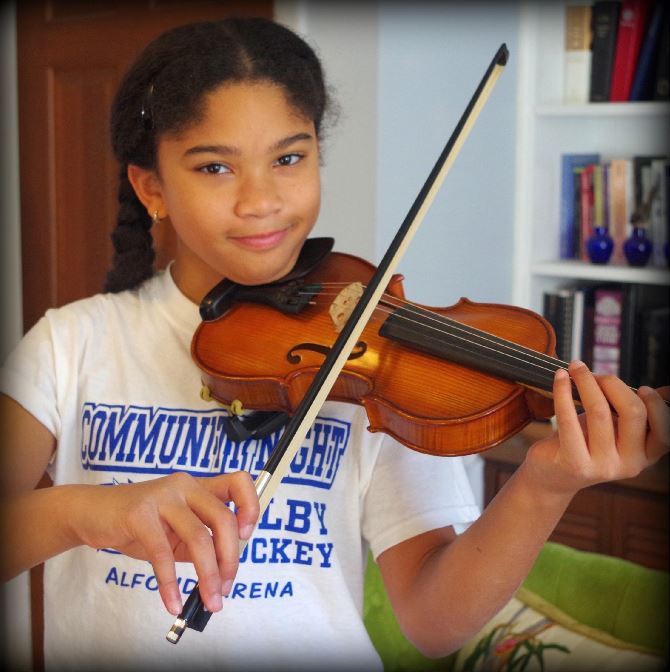
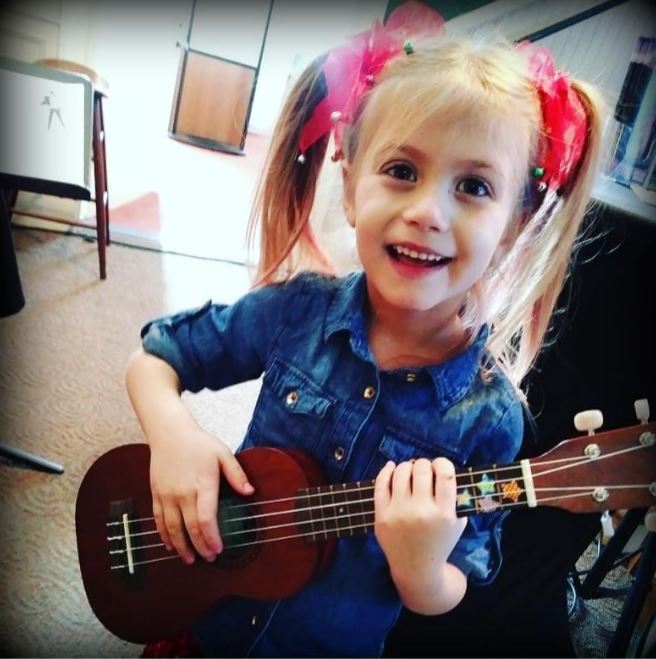

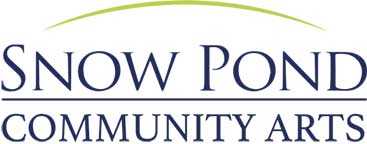 Music Lessons
Music Lessons